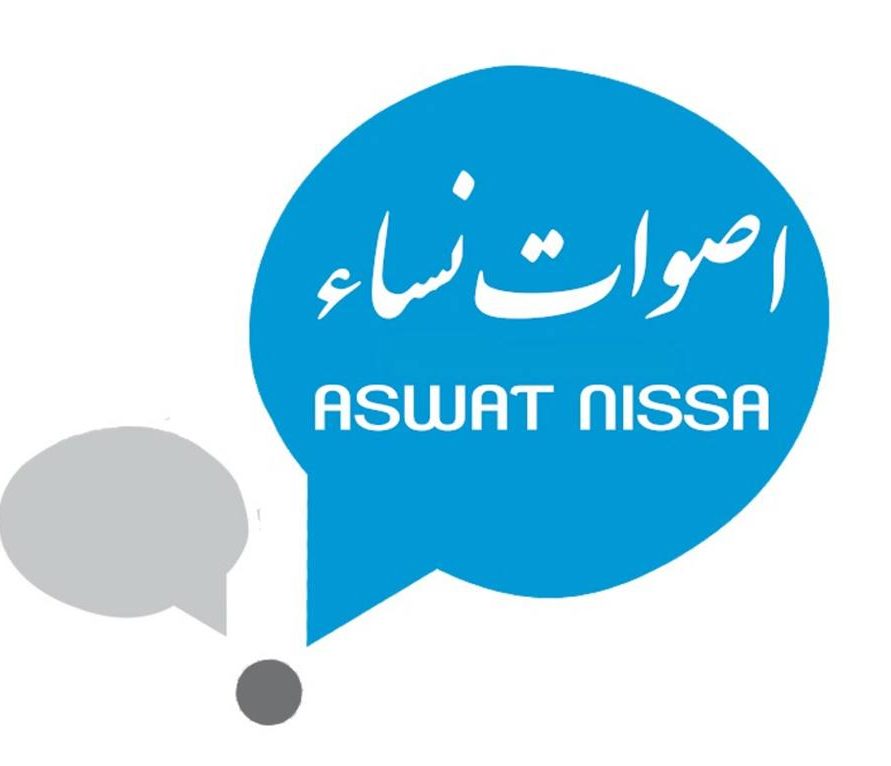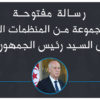Tunisia 17 Years After the Adoption of the 1325 Resolution on Women, Peace and Security

Seventeen years ago, Tunisia voted in favor of the 1325 UN Resolution as non-permanent member of the United Nations Security Council. This resolution was adopted unanimously on the 31st of October 2000. This resolution is one of the first official documents that recognized women’s role as actors of change to establish and maintain peace. Furthermore, this resolution wished to better protect women and girls against violations of their fundamental rights, and to give them a better access to justice and tools to fight discrimination.
In 17 years, over 60 countries (including France, Sweden and Iraq) developed a National Action Plan on Women, Peace and Security for the government to establish priorities to implement the 1325 United Nations Security Council Resolution.
Tunisia launched a national debate on the elaboration of a National Action Plan on Women, Peace and Security in 2018. The steering committee (tasked with elaborating the Action Plan) was presided by the Ministry of Women, Family and Childhood and included members of different ministries such as the Defence Ministry and members of many civil society organizations, including Aswat Nissa.
In 2017, Aswat Nissa launched its Women, Peace and Security program in partnership with UN Women (United Nations entity for gender equality and women empowerment) and DCAF (the Center for the Democratic Control of Armed Forces). This program wishes to facilitate a constructive and inclusive dialogue between the civil society and Parliament to adopt a National Action Plan that reflects the various perspectives of Tunisian women on peace and security issues.
According to Aswat Nissa, multiple reasons should encourage the State to better involve women in conflict prevention, in peacebuilding and in peace consolidation. Women promote dialogue and create coalitions for peace. When women are around the table, they bring their perspective and wish to bring peace and security for themselves, for their family and for their community. They contribute to more holistic, inclusive and thus sustainable peace treaties.
Some might wonder why Tunisia would be concerned by a National Action Plan on Women, Peace and Security when the country isn’t per say in a context of conflict. It is important to state that many democracies at peace (such as Sweden and France) have already established a National Action Plan. Also, many elements could endanger the current Tunisian peace, namely its geographic position, the potential return of jihadists and the political, social and economic instability in the country.
Applying article 46 of the 2014 Constitution (that addresses equal opportunity between women and men) and international conventions on women’s rights (such as the Convention on the Elimination of all Forms of Discrimination Against Women (CEDAW)) could guaranty the implementation of the 1325 Resolution.
The Comprehensive Law on Violence Committed Against Women adopted recently by the Tunisian Parliament could contribute to a better protection of women’s rights in Tunisia. This law also creates an inclusive and egalitarian framework founded on human security.
Many studies establish a correlation between the peace level and prosperity of a country, and the equality of rights and opportunities. For example, a study prepared by the Georgetown University for Women, Peace and Security, entitled the WPS (Women, Peace and Security) Index, established such a correlation. In fact, countries are more pacific and prosperous when women benefit from equal rights and opportunities. According to this Index, Tunisia holds the 93rd position (out of 153 countries), far behind the United Arab Emirates and just in front of Rwanda.
Aswat Nissa offers a trusted and collaborative environment to learn and to exchange formative experiences. Aswat Nissa helps female MPs and female politicians participating in its programs, reinforce their capacities and develop technical skills. Aswat Nissa also fosters dialogue so women can exchange experiences between themselves. Through Aswat Nissa, the women also benefit from Tunisian and international experts’ knowledge on the 1325 Resolution.
[1] http://www.unwomen.org/fr/what-we-do/peace-and-security




